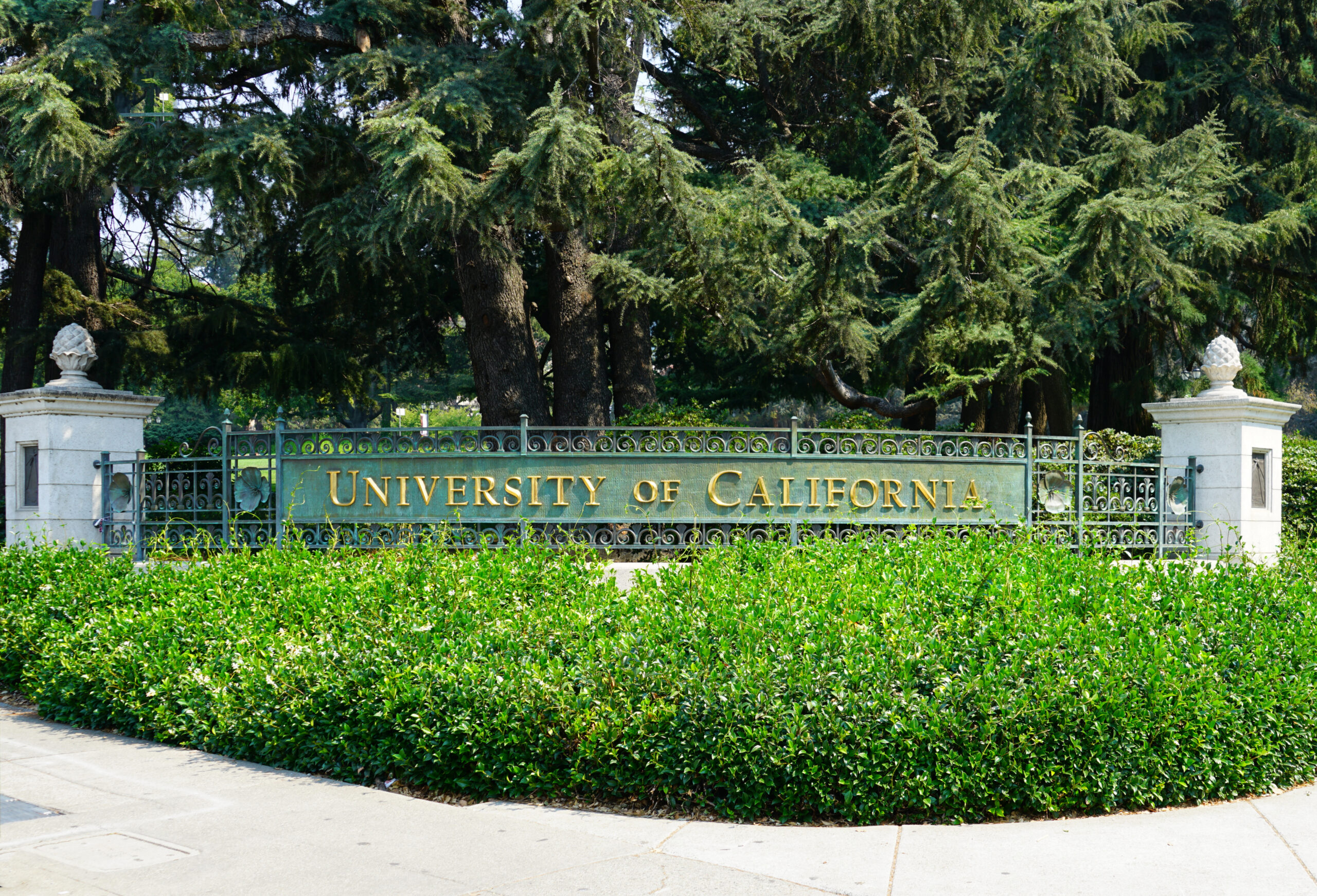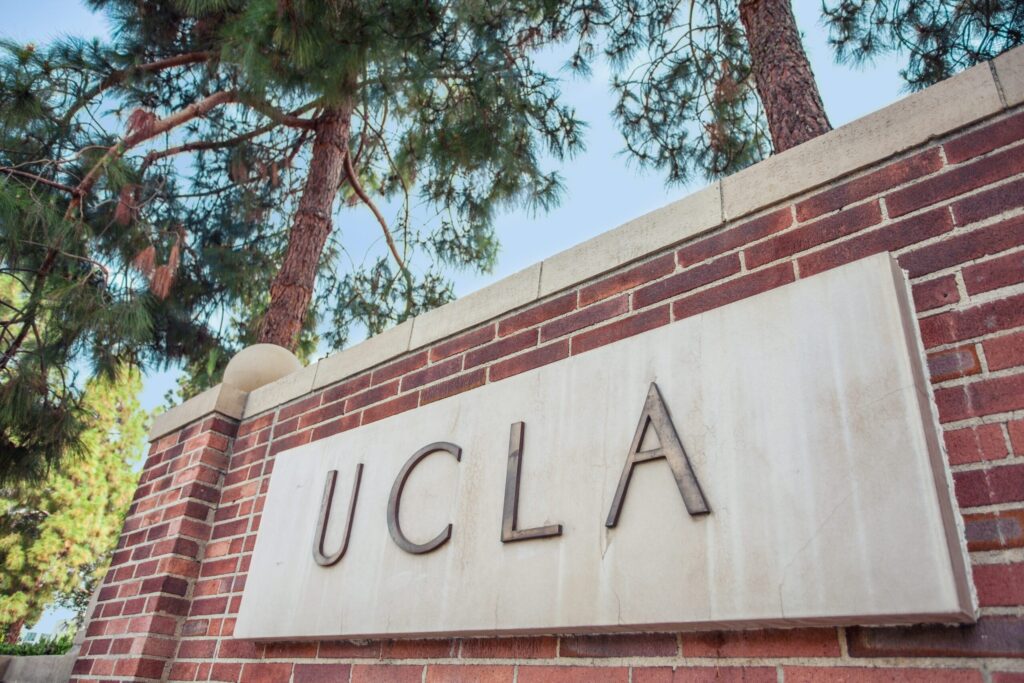by Harmeet K. Dhillon The University of California at Berkeley made headlines September 14 for what should have been a routine occurrence: a lecture by conservative commentator Ben Shapiro on campus. Observers have been
quick to deliver kudos to new UC Berkeley Chancellor Carol Christ for “allowing” Shapiro to speak on the notoriously liberal campus. Not so fast. The campus lecture, sponsored by Young America’s Foundation (YAF) and the Berkeley College Republican (BCR), occurred in spite of, not because of, Berkeley’s actions—amid
a federal lawsuit filed by YAF and BCR on April 24, for free speech violations against conservative students at Berkeley. On July 11, YAF and BCR began negotiations with Berkeley to bring Shapiro to campus. This was a laborious process, lasting two months and continuing until minutes before Shapiro took the podium. It began with Berkeley’s claim that, “despite extensive efforts,” a room could not be found on campus to host the event. Berkeley only “found” a room—it turns out the 2,000-seat Zellerbach Hall was available—after the media reported on Berkeley’s tactics to obstruct the speech. Speaking of press, YAF and BCR learned from the
Washington Post (not Berkeley) that Berkeley was “waiving” a room fee, which was wrongly reported in various outlets as Berkeley footing the bill for Shapiro, in order to support free speech. No. YAF paid Shapiro’s full honorarium, as well as the school’s steep security fee, which was originally set at $15,738. Justice Sonia Sotomayor spoke at Berkeley for a security fee of only $5,000, and Presidential candidate Bernie Sanders spoke the prior year with no known fee. Liberals speak in every Berkeley classroom for no additional charge several times every day. The high security fee was necessary, Berkeley claimed, to protect students from violence expected from the domestic terrorist group, Antifa. Berkeley was right to fear Antifa. On August 27, Antifa thugs assaulted attendees of a conservative rally in a public park. It’s no wonder. Antifa had little to fear from authorities, thanks to the Berkeley Police Department’s stand-down policy that allows protests to intensify as long as they do not involve the imminent loss of life. The Berkeley PD responded—not by allowing police officers to do their job to protect the public—but by colluding with school administrators to place improper restrictions on the Shapiro event. Berkeley did everything it could to limit attendance. The school slashed the number of seats available from 2,000 to 1,000 just days before the event and prohibited print-at-home digital tickets and block ticket reservations. Nonetheless, tickets sold out in 40 minutes, underscoring that students are eager to hear conservative ideas absent from their classrooms. YAF and BCR had a waiting list of more than 2,000 people, but Berkeley banned the distribution of unclaimed tickets. As a concession to having slashed audience capacity in half, the University reduced the security fee to $9,162—a fee the average student group would never be able to afford to sponsor a 90-minute event. Even worse, Berkeley administrators—already notorious for coddling “snowflake” undergrads with “safe spaces,” “microaggression” rhetoric, and other PC jargon—whipped up fear and mass hysteria with their own fact-free, biased pronouncements. On September 7—one week before Shapiro arrived on campus—Provost Paul Alivisatos emailed the student body and employees regarding Shapiro’s talk: “We are deeply concerned about the impact some speakers may have on individuals’ sense of safety and belonging. No one should be made to feel threatened or harassed simply because of who they are or for what they believe.” He offered student and staff mental health and safety counseling and support resources for those who felt harmed by Shapiro’s yet-to-occur speech. On the morning of the event, Berkeley’s Chancellor Christ told the
LA Times: “I don’t agree with Ben Shapiro. In fact I profoundly disagree with him…. It’s a really troubling situation.” What’s troubling is the message Christ sent to her students: To conservatives, that she really does not represent them, and to liberals, that they are justified in their “profound” disagreement. Emboldened by Christ’s virtue signaling, several hundred leftist students gathered to protest Shapiro, some denouncing him as a “white supremacist” (Shapiro is an Orthodox Jew) and others chanting, “Free speech is violent. We will not be silent.” The Berkeley administration encouraged more than just “profound” disagreement. It encouraged disruption. Hours before Shapiro’s 7:00 p.m. lecture began, YAF’s staff asked Vice Chancellor Stephen Sutton to make an announcement to students, explaining that there would be Q&A following Shapiro’s talk, and that anyone attempting to shout down and drown out Shapiro would be removed immediately. YAF shared the positive experience of other schools—including California State University-Los Angeles (CSULA)—that retain respectful dialogue at events using this approach. Sutton suggested a possible six-step approach, said a final decision had not been made, and that he would share their final decision by 6:00. That never happened. Minutes before the lecture began, YAF’s staff found Sutton backstage. They asked him if Berkeley would be using the successful approach of other schools. He said, “We understand what other schools do. We are not doing it that way.” Minutes later, Vice Chancellor of Finance Rosemarie Rae took the podium, telling students: “At UC Berkeley, we respect the action and intention of public protest as intrinsic to the value of the environment of learning in higher education . . . UCPD and the campus will be making decisions about how disruptions at this event will be addressed. Subsequent speakers may make statements about how the campus will handle disruptions. Those statements have not been approved by the campus and may not be accurate. Enjoy your evening.” Berkeley knowingly rejected the best practices of schools committed to retaining respectful dialogue during educational events. Vice Chancellor Rae may as well have said: “Please, shout down this speaker. You will not be removed from this hall!” It turns out, no one shouted down Shapiro. In fact, there were no disruptions at all. The audience was engaged throughout the program, and Q&A lasted more than an hour, generating educational and interesting exchanges between Shapiro and liberal students. Anyone who viewed the speech may wonder why did Ben Shapiro’s appearance created such an uproar, prompting administrators to encourage “profound” disagreement and disruption among students? Here are the highlights of Shapiro’s lecture, which has been viewed online more than ten million times: The free exchange of ideas makes America a better place. There is no place in our society for political violence. Identity politics are harmful. Each individual should take responsibility for his or her own actions, not use crutches of racism/sexism/other isms to excuse failures. It’s fine to bring specific examples of discrimination, and prove them, so that we can all condemn them, but discrimination should not be assumed or accepted absent evidence. And this practical advice: the three most important indicators of success in America are graduating from high school, waiting until marriage to have children, and having a job. Ben Shapiro shared a similar message, speaking at Berkeley in April 2016 with no drama, no protesters, no deans or chancellors sounding the alarm about triggering or safe spaces or counseling, and no police were required to maintain the peace. The only change between April 2016 and September 2017 was a University of California administration that abdicated its responsibility to be the adults on campus and instead allowed off-campus, domestic terrorists to overrun the campus and bully the University into censoring conservative students. To be sure, Berkeley deserves credit for providing a safe venue for Shapiro to speak. 750 police officers were on site, and they were ultimately authorized to use pepper spray to protect innocent bystanders. But UC Berkeley still has many lessons to learn about free speech. Berkeley cannot impose conditions on Shapiro and other conservative speakers that it forgoes for favored, progressive voices. Until a speech by a Ben Shapiro can be met with a yawn and treated as banal, conservatives will continue to fight for their First Amendment rights.
Harmeet K. Dhillon is an attorney representing Young America’s Foundation and Berkeley College Republicans in YAF v. Napolitano, a federal civil rights lawsuit that challenges UC Berkeley’s suppression of conservative speech on campus. 



